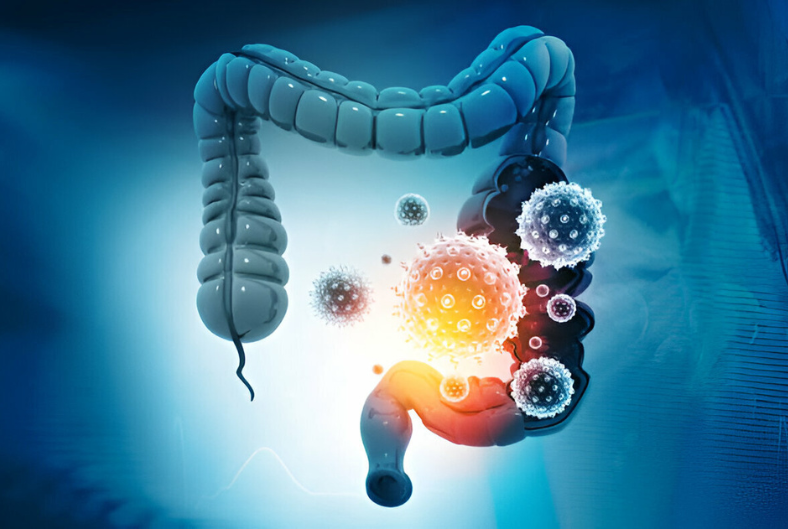The human body is a complex ecosystem teeming with trillions of microorganisms, and within this hidden world lies the gut microbiome. This vast community of bacteria, fungi, and other microbes resides in your intestines, particularly the large intestine, and plays a crucial role in maintaining gut health and overall well-being.
The Powerhouse Within
The gut microbiome is not a static entity; it’s a dynamic ecosystem constantly evolving in response to your diet, lifestyle, and even environmental factors. These tiny residents of your digestive system digest food, synthesize essential vitamins, regulate the immune system, and even influence your mood and brain function.
Maintaining a Healthy Balance
A healthy gut microbiome is dominated by beneficial bacteria that work in harmony with your body. These good bacteria help in digestion by breaking down complex carbohydrates and fibers, extracting nutrients from food, and promoting the absorption of vitamins and minerals. Additionally, they act as a barrier against harmful pathogens, preventing them from colonizing your gut and causing illness.
The Downside of Imbalance
However, an imbalance in the gut microbiome, with an overgrowth of harmful bacteria, can lead to a range of health problems. This dysbiosis, as it’s called, has been linked to digestive issues like bloating, constipation, and diarrhea. Furthermore, it may contribute to chronic conditions like obesity, type 2 diabetes, inflammatory bowel disease (IBD), and even certain types of cancer.
Factors Affecting the Gut Microbiome
Several factors can disrupt the delicate balance of the gut microbiome. Here are some of the key culprits:
- Diet: A diet high in processed foods, sugar, and unhealthy fats can tip the scales in favor of harmful bacteria. Conversely, a diet rich in fiber, fruits, vegetables, and fermented foods like yogurt and kimchi promotes the growth of beneficial bacteria.
- Antibiotics: While essential for fighting bacterial infections, antibiotics can also wipe out beneficial bacteria in the gut. Taking probiotics alongside antibiotics can help mitigate this effect.
- Stress: Chronic stress can negatively impact the gut microbiome. When stressed, the body releases hormones like cortisol that can disrupt the delicate balance of gut bacteria.
Nourishing Your Gut Microbiome
The good news is that you have the power to influence your gut microbiome and enhance your gut health. Here are some effective ways:
- Fiber-Rich Diet: Fiber acts as a prebiotic, feeding the good bacteria in your gut and promoting their growth. Aim to include plenty of fruits, vegetables, and whole grains in your diet.
- Befriend Fermented Foods: Fermented foods like yogurt, kimchi, and kombucha are rich in probiotics, live bacteria that provide a direct boost to your gut health.
- Prioritize Probiotic Supplements: Probiotic supplements containing specific strains of beneficial bacteria can be helpful in restoring balance to your gut microbiome.
- Manage Stress: Techniques like yoga, meditation, and deep breathing can help manage stress and its negative impact on your gut health.
Understanding the Gut Microbiome is Key
The gut microbiome is a fascinating and powerful force influencing your health in profound ways. By nurturing a diverse and balanced gut microbiome through your diet and lifestyle choices, you can pave the way for a healthier digestive system**, a stronger immune system, and potentially, improved overall well-being.
A word from the doctor —
Remember, a healthy gut is a happy gut! By understanding the intricate world of the gut microbiome and taking steps to support its well-being, you can empower your body to thrive.
So, get started by contacting us right away.

